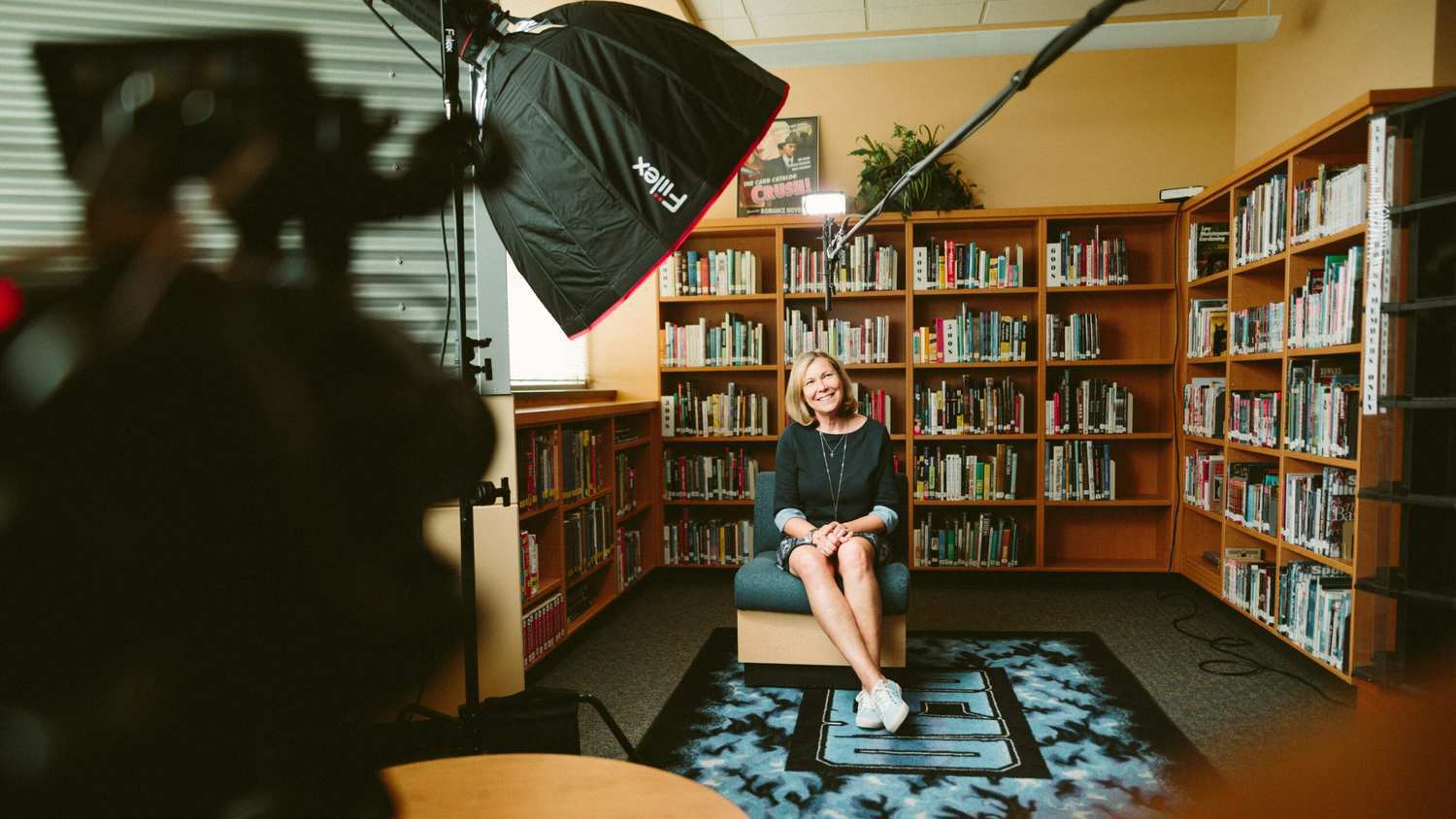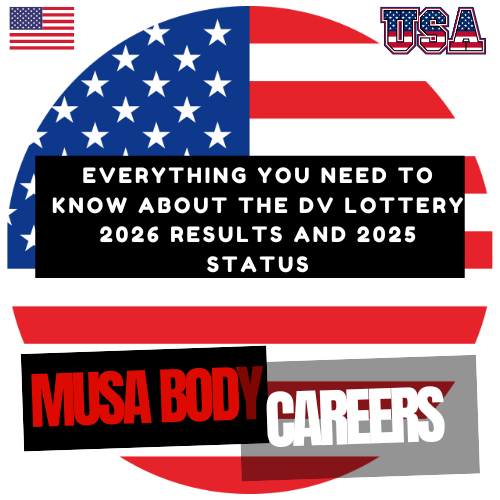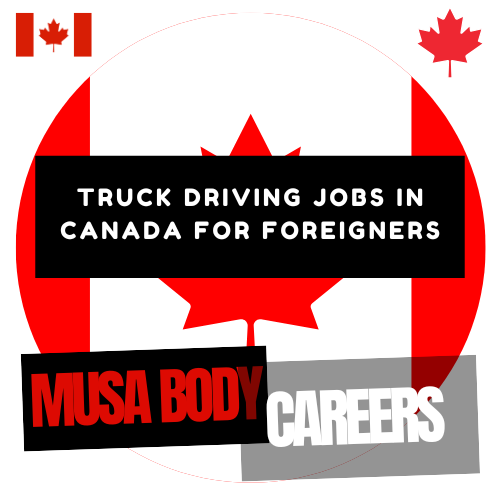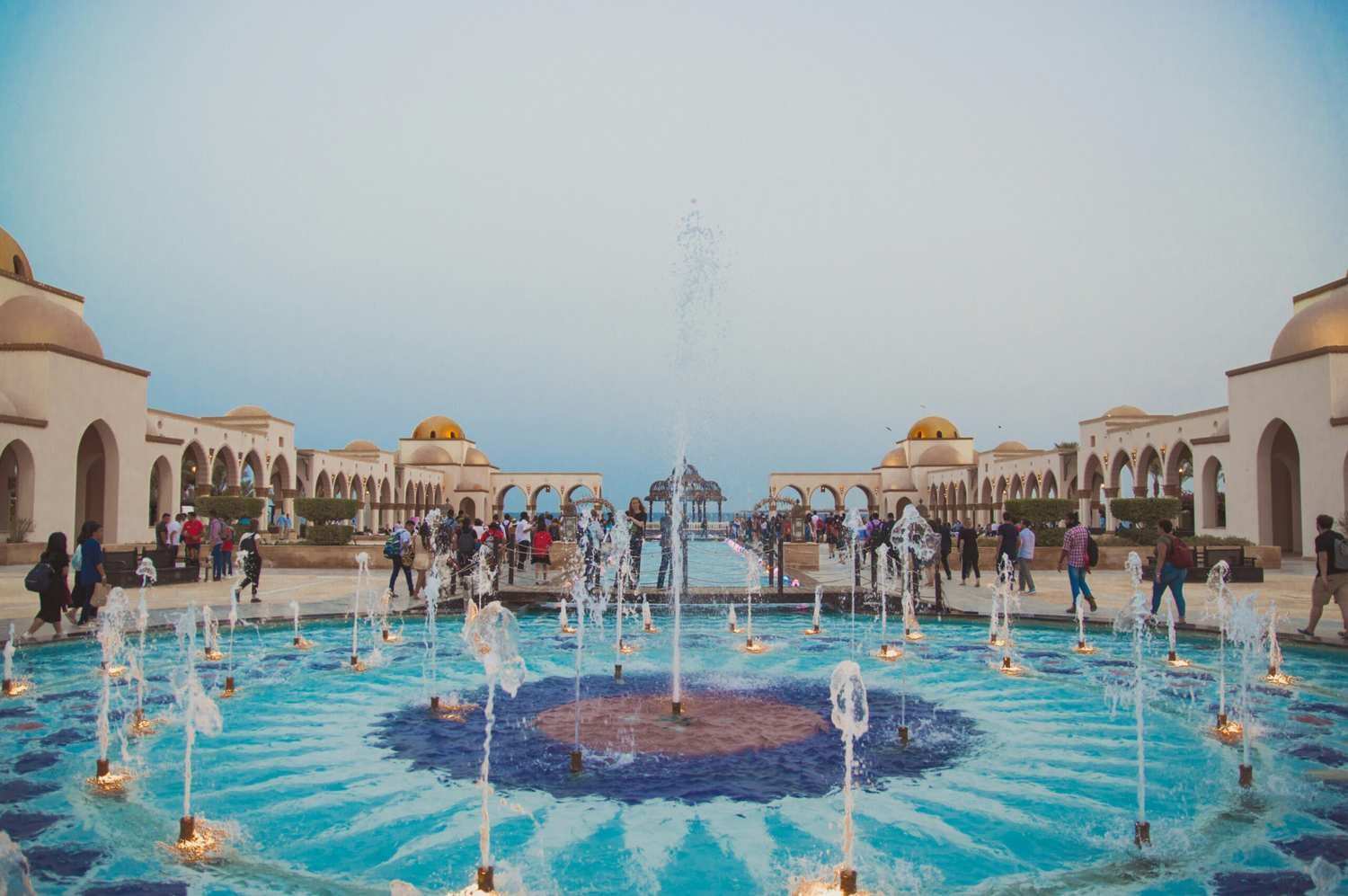Understanding Visa Requirements
Comprehending the specific requirements of the visa you are applying for is a crucial step in ensuring a successful visa interview. Each country has its own set of criteria that applicants must meet, and these can vary significantly depending on the type of visa being sought—be it tourist, student, or work visas. Thoroughly reading and understanding the guidelines provided by the consulate or embassy is essential.
The first step in this process is to identify the type of visa you need. For instance, tourist visas generally require proof of travel plans, financial stability, and sometimes a letter of invitation. Student visas, on the other hand, often necessitate acceptance letters from educational institutions, proof of financial ability to support oneself, and sometimes language proficiency exams. Work visas typically require a job offer from a company in the host country and proof of qualifications. Each of these visa types has its own set of documents and criteria that must be met.
Accurate information regarding these requirements can usually be found on the official website of the consulate or embassy of the country to which you are applying. These websites often provide detailed checklists and guidelines that can help you gather all necessary documentation. Additionally, consulting with immigration consultants or official helpdesks can offer further clarity and guidance.
Common requirements across various visa types include valid identification (such as a passport), completed application forms, passport-sized photographs, and payment of application fees. Financial documentation, such as bank statements and tax returns, is also frequently required to prove financial stability. Additionally, many countries require proof of intent to return to your home country, such as property ownership or employment contracts.
By thoroughly understanding and meeting these requirements, you can significantly increase your chances of passing your visa interview with 100% accuracy. Preparation and attention to detail are key components in this process, ensuring that all necessary documents are in order and that you are well-prepared to answer any questions that may arise during the interview.
Preparing Your Documents
One of the fundamental steps in ensuring a successful visa interview is meticulous preparation of your documents. This process begins with compiling a comprehensive set of necessary documents, tailored to the specific type of visa you are applying for. A well-organized and complete document set can significantly enhance your chances of passing the interview with 100% accuracy.
To start, ensure that your passport is valid for at least six months beyond your intended stay. This is a universal requirement for most visa applications and must be adhered to strictly. Additionally, you should have multiple copies of your passport’s biographical page.
The next essential document is the visa application form. This form should be filled out accurately and completely, as discrepancies can lead to delays or denials. Ensure that all information matches the details in your supporting documents.
Financial statements are another critical component. These documents should demonstrate that you have sufficient funds to cover your stay without engaging in unauthorized employment. Bank statements, proof of income, and investment records are commonly accepted documents in this category. It is important that these statements are recent, preferably from the last three months, and clearly indicate your financial stability.
Employment letters or job offer letters are necessary for work visa applications. These documents should be on official company letterhead, detailing your position, salary, and duration of employment. If applicable, include any contracts or agreements related to your employment.
For those applying for a visa based on an invitation, an invitation letter is indispensable. This letter should come from your host, detailing the purpose of your visit, duration of stay, and their willingness to support you during your stay. It should be accompanied by a copy of your host’s ID or passport and proof of their legal status in the host country.
It is crucial to have all documents organized, up-to-date, and in the correct format. Create a checklist to verify that you have all necessary documents before your interview. Proper organization not only reflects your seriousness and preparedness but also facilitates a smoother interview process. Ensuring that your documents are in order and easily accessible will leave a positive impression on the visa officer and enhance your chances of approval.
Practicing Common Interview Questions
One of the critical steps in preparing for a visa interview is familiarizing yourself with the types of questions commonly asked. By understanding the typical inquiries and practicing your responses, you can approach the interview with greater confidence and poise. Below are some of the most frequently asked questions during a visa interview, along with tips on how to answer them effectively.
1. What is the purpose of your visit?
Your response should be straightforward and align with the information provided in your visa application. Clearly state whether your trip is for tourism, business, education, or another purpose. Ensure that your explanation is concise yet comprehensive.
2. What are your travel plans?
Detail your itinerary, including your planned dates of arrival and departure, destinations, and any accommodations you have booked. Having a well-thought-out plan demonstrates your seriousness and preparedness, which can positively influence the interviewer’s perception.
3. How will you finance your trip?
Be ready to discuss your financial situation, including your employment status, savings, and any sponsorships. Providing evidence, such as bank statements or letters from sponsors, can substantiate your claims and reassure the interviewer of your financial stability.
4. Do you have ties to your home country?
Interviewers often ask this to assess whether you have reasons to return to your home country after your visit. Mention family ties, employment, property, or any obligations that indicate you intend to return. Highlighting these connections can strengthen your case.
5. Have you traveled abroad before?
Discuss any previous international travel experiences, as this can demonstrate your ability to adhere to visa regulations and return on time. Provide details of past trips, including the duration and purpose, to show your travel history.
Practicing these common questions and formulating honest, clear, and concise responses will help you navigate the visa interview with confidence. Remember to maintain a polite and respectful demeanor throughout the interview, as this can significantly impact the outcome.
Dressing Appropriately
In the realm of visa interviews, the significance of dressing appropriately cannot be overstated. Your attire plays a crucial role in forming the first impression, which can profoundly influence the consular officer’s perception of your candidacy. Opting for business casual attire is generally recommended. For men, this could mean a dress shirt paired with slacks or khakis, while women might consider a blouse with a skirt or tailored trousers. The objective is to appear polished yet approachable.
Grooming is equally vital. Ensure that your hair is neatly styled and facial hair, if any, is well-maintained. For men, a clean shave or a well-trimmed beard is advisable. Women should aim for a natural makeup look, avoiding overly dramatic styles. Accessories should be kept to a minimum to maintain a professional appearance. Simple jewelry like a watch or a pair of stud earrings can complement your outfit without drawing excessive attention.
Footwear is another critical aspect. Closed-toe shoes, such as loafers or dress shoes for men, and flats or low heels for women, are ideal choices. Avoid sneakers, sandals, or overly casual footwear, as they can detract from the overall professional look you are aiming to project.
Overall presentation extends beyond just clothing and grooming. Carry a neat folder or briefcase to hold your documents; it speaks to your organizational skills and attention to detail. Avoid carrying large bags or backpacks, as they can appear unprofessional. Your posture and body language also contribute significantly to the impression you make. Stand and sit upright, offering a firm handshake and maintaining eye contact to exude confidence and respect.
By adhering to these guidelines, applicants can present themselves as prepared and serious individuals, thereby enhancing their chances of success in the visa interview. The effort put into dressing appropriately can provide a solid foundation for the rest of the interview process, allowing your qualifications and intentions to shine through clearly.
Arriving on Time
Punctuality is a critical factor in ensuring a successful outcome in any visa interview. Arriving on time not only demonstrates your seriousness and respect towards the process, but also allows you to begin the interview in a calm and composed state. To ensure you arrive promptly at the consulate or embassy, careful planning and preparation are essential.
First and foremost, plan your route in advance. Familiarize yourself with the location of the consulate or embassy and determine the best mode of transportation to get there. Whether you are driving, taking public transport, or utilizing a ride-sharing service, ensure you know the exact address and the estimated travel time. It is advisable to do a trial run if possible, particularly if you are unfamiliar with the area. This helps you gauge the time it will take and identify any potential issues with your route.
Consider the timing of your appointment and plan to arrive at least 30 minutes early. This buffer time accounts for any unforeseen delays such as traffic congestion, public transport disruptions, or parking difficulties. By arriving early, you also give yourself ample time to go through any security checks and complete any necessary paperwork without feeling rushed.
In the event that you encounter a delay or an emergency that could affect your appointment time, it is crucial to have a contingency plan. Keep the contact details of the consulate or embassy handy so you can inform them promptly about your situation. Most embassies and consulates have specific protocols for handling such cases, and notifying them in advance might allow for rescheduling or other accommodations.
In conclusion, punctuality for your visa interview cannot be overstated. By meticulously planning your route, allowing extra time for unexpected delays, and having a contingency plan, you can ensure you arrive on time and start your interview on the best possible note.
Exuding Confidence and Honesty
Maintaining a confident and honest demeanor during your visa interview is crucial for a successful outcome. Your body language, eye contact, and manner of speaking play a significant role in how you are perceived by the interviewer. A confident posture, such as sitting up straight and keeping your shoulders back, can convey self-assurance. Similarly, making regular eye contact demonstrates honesty and engagement. It is important to strike a balance, ensuring your eye contact is natural and not forced.
Clear and articulate communication is another key aspect. Speak in a calm and composed manner, avoiding unnecessary pauses or filler words. Prepare your answers in advance, but avoid sounding rehearsed. Practicing common visa interview questions with a friend or family member can help you refine your responses and boost your confidence.
While confidence is essential, honesty is equally important. Providing truthful information is critical, as any discrepancies or falsehoods can lead to severe consequences, including visa denial or future ineligibility. Be prepared to discuss your background, travel plans, and financial status transparently. If you are unsure about a question, it is better to admit it rather than fabricate an answer. The interviewers are trained to detect inconsistencies, and transparency will always work in your favor.
Remember, the goal of the visa interview is to assess your eligibility and intent. Displaying confidence and honesty not only helps in building a positive rapport with the interviewer but also reinforces your credibility. By maintaining a composed demeanor, making appropriate eye contact, and communicating clearly and truthfully, you significantly increase your chances of passing the visa interview with flying colors.
Handling Tough Questions
Facing challenging questions during a visa interview can be daunting, but with the right preparation, applicants can navigate these moments with confidence and poise. One fundamental strategy is to remain calm and composed. Panic can lead to confusion, so it is essential to take a deep breath and approach each question thoughtfully. Maintaining eye contact and a steady tone of voice can also convey confidence and honesty to the interviewer.
When confronted with unexpected questions, it is vital to think on your feet. This means taking a moment to consider the question carefully before responding. If necessary, it is acceptable to ask for clarification to ensure a full understanding of the question. Providing concise answers is crucial; this not only shows respect for the interviewer’s time but also helps in delivering clear and direct responses. Over-explaining can lead to unnecessary complications and may give the impression of defensiveness or uncertainty.
Avoiding defensiveness is another key aspect of handling tough questions. If faced with a question that feels intrusive or challenging, it is important to stay composed and answer truthfully without becoming confrontational. A positive attitude and a respectful demeanor will go a long way in creating a favorable impression. Additionally, it is beneficial to anticipate potential difficult questions beforehand and prepare thoughtful responses. This preparation can include practicing with a friend or family member to simulate the interview environment.
In summary, handling tough questions during a visa interview requires a combination of calmness, clarity, and composure. By thinking on your feet, providing concise answers, and avoiding defensiveness, applicants can effectively navigate even the most challenging inquiries. Proper preparation and a confident mindset are the keys to success in this crucial aspect of the visa interview process.
Following Up After the Interview
After completing a visa interview, it is crucial to understand the appropriate steps to follow up with the consulate or embassy. This post-interview phase is often just as important as the interview itself, as it can significantly influence the final outcome of your visa application.
Firstly, ensure that you are aware of the typical decision timeline for visa applications. This information is usually provided during the interview or can be found on the consulate or embassy’s official website. Knowing the expected processing time will help manage your expectations and inform you when it might be appropriate to follow up.
If the decision timeline has passed and you have not received any communication, it may be necessary to contact the consulate or embassy. When doing so, remain polite and professional. Use the contact information provided during your interview or on the official website. Clearly state your name, application reference number, and the date of your interview. Inquire about the status of your application and whether any additional information is required from your end.
In the event that additional documentation or information is requested post-interview, promptly provide what is asked for. Delays in submitting these documents can lead to extended processing times or even a denial of your visa application. Carefully review the request to ensure you fully understand what is required, and if any clarification is needed, do not hesitate to ask.
Handling a visa denial can be challenging, but it is essential to approach it with a clear mind. Read the denial letter thoroughly to understand the reason behind the decision. If the denial is based on missing or insufficient information, you may be allowed to reapply with the correct documentation. In some cases, there might be an option to appeal the decision, though this process varies by country. Consult the consulate or embassy’s guidelines on how to proceed if your visa is denied.
By following these steps, you can ensure that you are adequately prepared for the post-interview phase of your visa application. Proper follow-up, timely submission of requested documents, and understanding the reasons behind a potential denial are all critical components in successfully navigating this process.



















